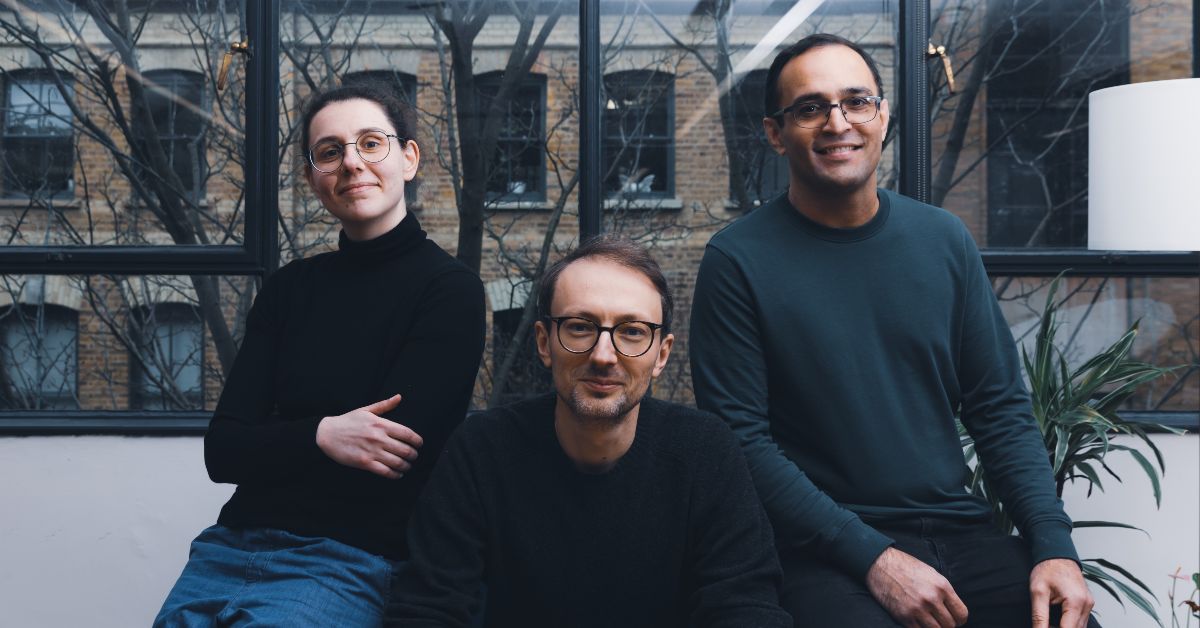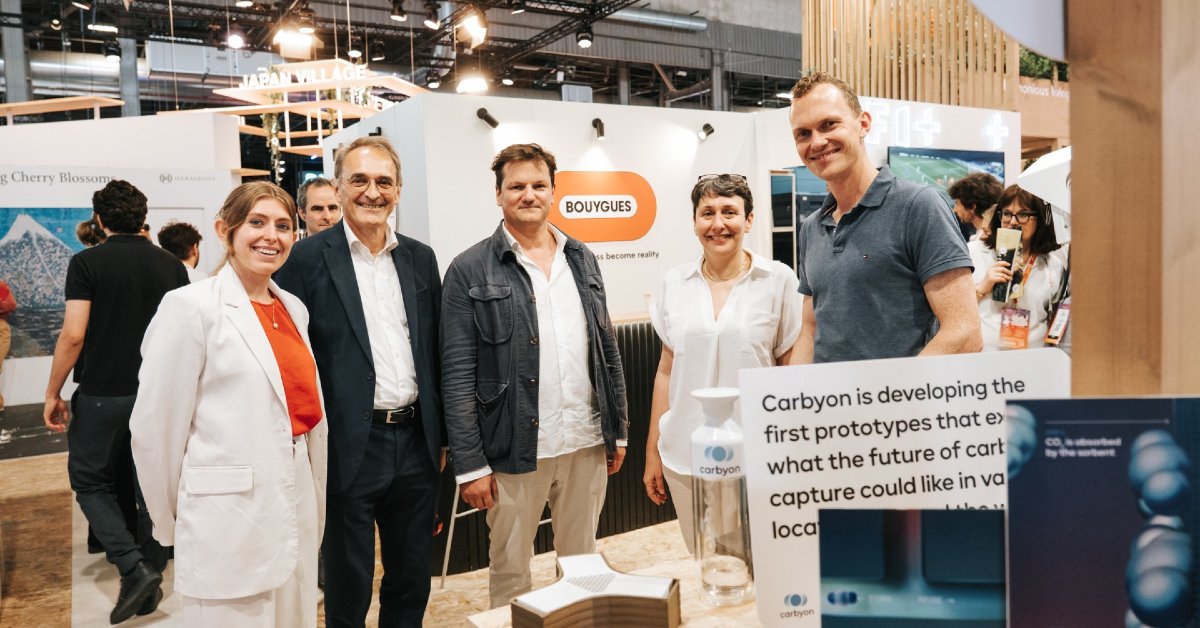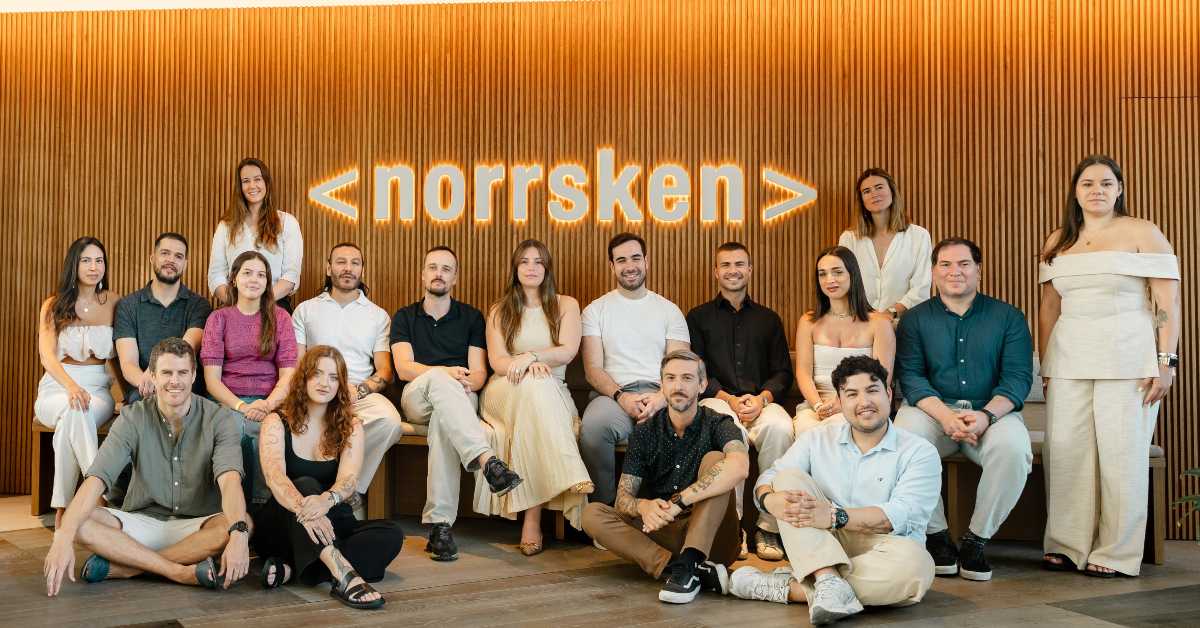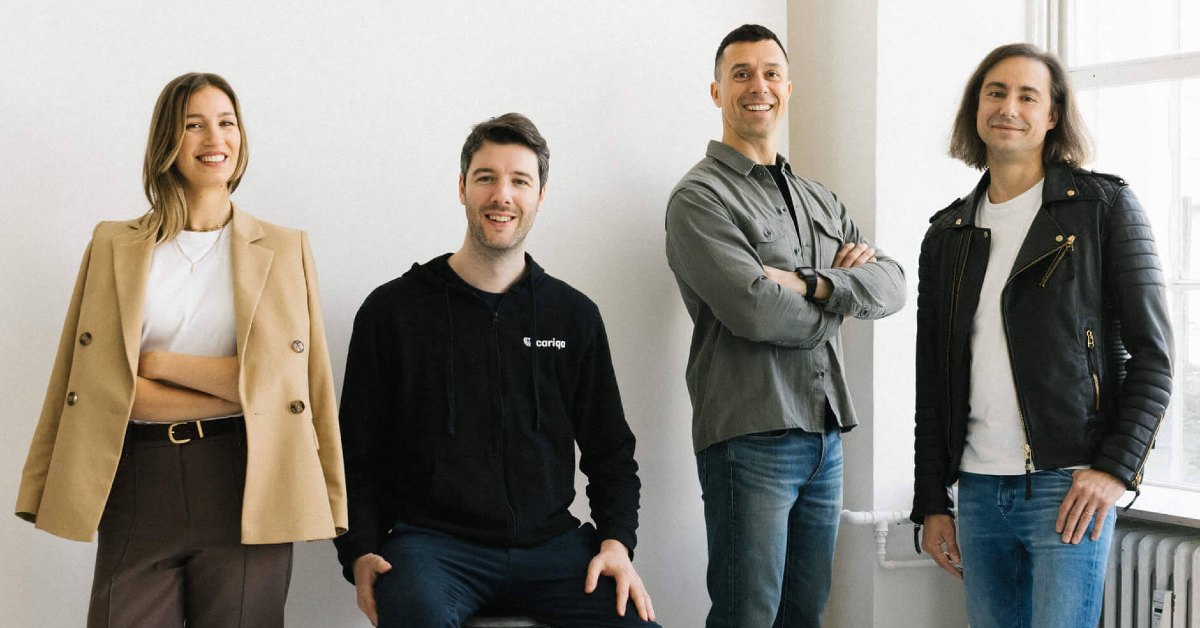Zika, Ebola and now coronavirus is rapidly spreading across national borders and is becoming a threat all over the world. Back in December 2019, the coronavirus (Covid-19) outbreak was reported in Wuhan, China. Within no time, it has become a global emergency with hundreds and thousands of cases getting filed in various countries.
Already, the death toll caused by coronavirus in China has exceeded the SARS outbreak that occurred in 2003. Unlike the case of SARS, in the current technologically advanced era, many tech startups have pulled up the socks to contain the coronavirus outbreak. These tech startups are working with clinicians, academics, and government agencies to curb the spread of the virus and treat it as well.
As per GlobalData, which is a leading data analytics company, a bunch of tech startups have started combating against coronavirus with technologies such as Artificial Intelligence, sterilisation robots, claims processing, aerial delivery, chatbots, and more. Following on the footsteps of this report, here are a handful of tech startups in Europe that are fighting against coronavirus and trying to contain the outbreak with the use of technology.

Sanofi (France)
Sanofi is all set to launch a new European drug manufacturing company to curb the dependence on Asian drug manufacturing during the coronavirus outbreak. China is one the largest suppliers of medicines in the world followed by India. These two countries manufacture nearly 60% of the active pharmaceutical ingredients (API) in the world in terms of volume.
On account of the medical crisis in China right now, Sanofi is in plans to create a new company that will manufacture the active pharmaceutical ingredients. Though this new company is not specifically meant to be driven by the coronavirus outbreak, it comes at the right time.
Sanofi’s new drug manufacturing entity will be a standalone company focusing on selling APIs to third-party companies. It will set up six production sites across Europe with its headquarters in France. The company exists as the standalone firm to reach a sales figure of one billion euros by 2020.

UVD Robots (Denmark)
Talking about the role of tech during the coronavirus outbreak, how can we not mention about robots that are being deployed in hospitals. Well, hospitals in China are using European robots from UVD Robots, which is a spin-out of Blue Ocean Robotics. The self-driving disinfection robots are developed in Odense. These robots use ultraviolet light to disinfect viruses and bacteria and autonomously and kill them.
The intention of UVD Robots is to curb the spread of coronavirus with its hospital robots. Notably, the startup has already sold as many as €60,000 devices to over 40 countries and is shipping several hundreds of them to Chinese hospitals in collaboration with Sunay Healthcare Supply, a medical supplier.
Detailing on the hospital robots, these use advanced algorithms and special sensors that cover all surfaces with the appropriate amount of ultraviolet light for killing the virus. With data, users can see those rooms that are clean without viruses and bacteria.

Dermalog (Germany)
As coronavirus is spreading at a fast pace across the world within the shortest time, travellers crossing national borders are at a great threat. And, it is becoming tedious at airports to screen travellers to identify potentially infected ones at the border to control the epidemics. To address this issue, a German-based company, Dermalog has developed a one-of-its-kind biometric border control system, which is integrated with fever detection.
Thailand is the world’s first country to pilot the new fever detection system that is integrated fully into its biometric border control. It was demonstrated at the Don Mueang International Airport in Bangkok early in February. Since then, the biometric border control system installed at Don Mueang will measure the body temperature of passengers in addition to capturing their fingerprints and faces. The body temperature will be displayed on the border officer’s screen. And, if any traveller is detected to have a fever, then the officer can send the person for a health check to rule out the spreadout of coronavirus.
One of the outstanding features of the Dermalog’s biometric border control system is the special fever camera that is touted to be accurate at up to 1.5 metres. It will provide accurate and precise results than usual camera systems and is a reliable and secure option to fight against the coronavirus.

Benelovent AI (United Kingdom)
London-based BenevolentAI is developing and applying one of the emerging technologies – Artificial Intelligence to bring about scientific innovation. Benevolent Platform is a leading experimental drug discovery platform letting scientists to uncover new ways to treat diseases and personalise drugs for patients.
During the coronavirus outbreak, the British unicorn’s platform has a huge potential as its artificial intelligence systems can help find drugs that can treat this virus. Within a few weeks of the outbreak, the company was able to deploy its predictive tools and suggest a slew of potentially helpful medicines such as baricitinib, which is a drug approved for rheumatoid arthritis. It can reduce the ability of the virus to affect the cells in lungs.
Notably, this is the first time that BenevolentAI is using its systems for an infectious disease. As the epidemics are spreading fast, there is a necessity to develop new drugs, treatments and more than can control the spread of the virus and bring the situation across the world under control. BenevolentAI is one among hundreds of businesses that have signed a Wellcome Trust pledge calling out for funders, journals, and researchers to share findings and data pertaining to coronavirus.

Oxford Nanopore (United Kingdom)
After establishing extensive support and collaboration with public health professionals in China, British company Oxford Nanopore shipped another 200 units of pocket-sized sequencers to the country. This adds to the already available number of devices in China. These handheld DNA sequencers are meant to track the coronavirus.
Called MinION sequencers, these can detect diseases instantly by sequencing DNA and track how the same is spreading and changing. This process is faster than the traditional full-genome sequencing process that takes days to extract DNA and later analyse the same. The MinION sequencer is designed for broad accessibility and weighs under 100 grams. It can be run with a laptop or MinIT, a special accessory to carry out data analysis.
Oxford Nanopore is working forward to support over 100 public health laboratories in China and a number of Chinese microbiology laboratories and global public health scientists to take part in the process.
Stock photo from SamaraHeisz5/Shutterstock
Stay tuned to Silicon Canals for more European technology news.










01
From telecom veteran to Dutch Startup Visa success: The Jignesh Dave story